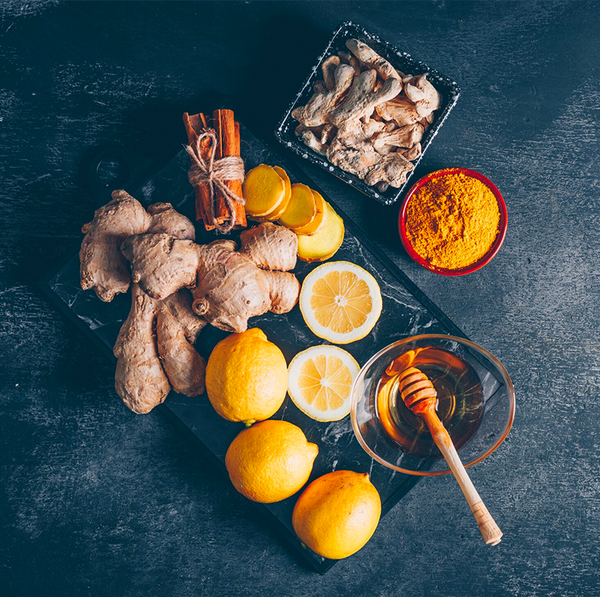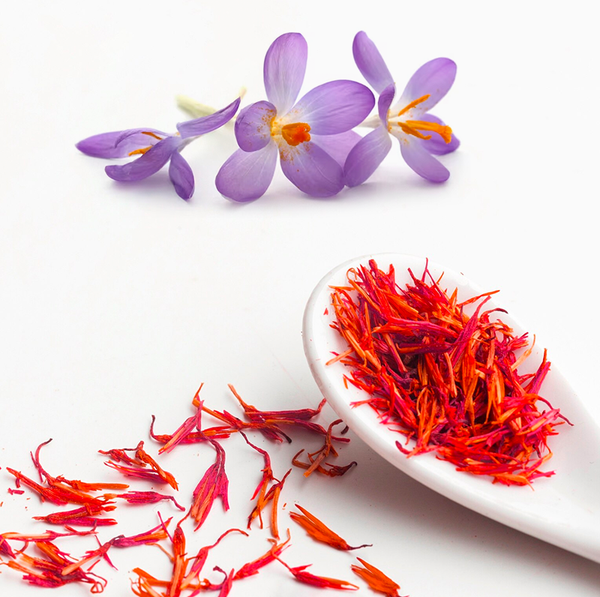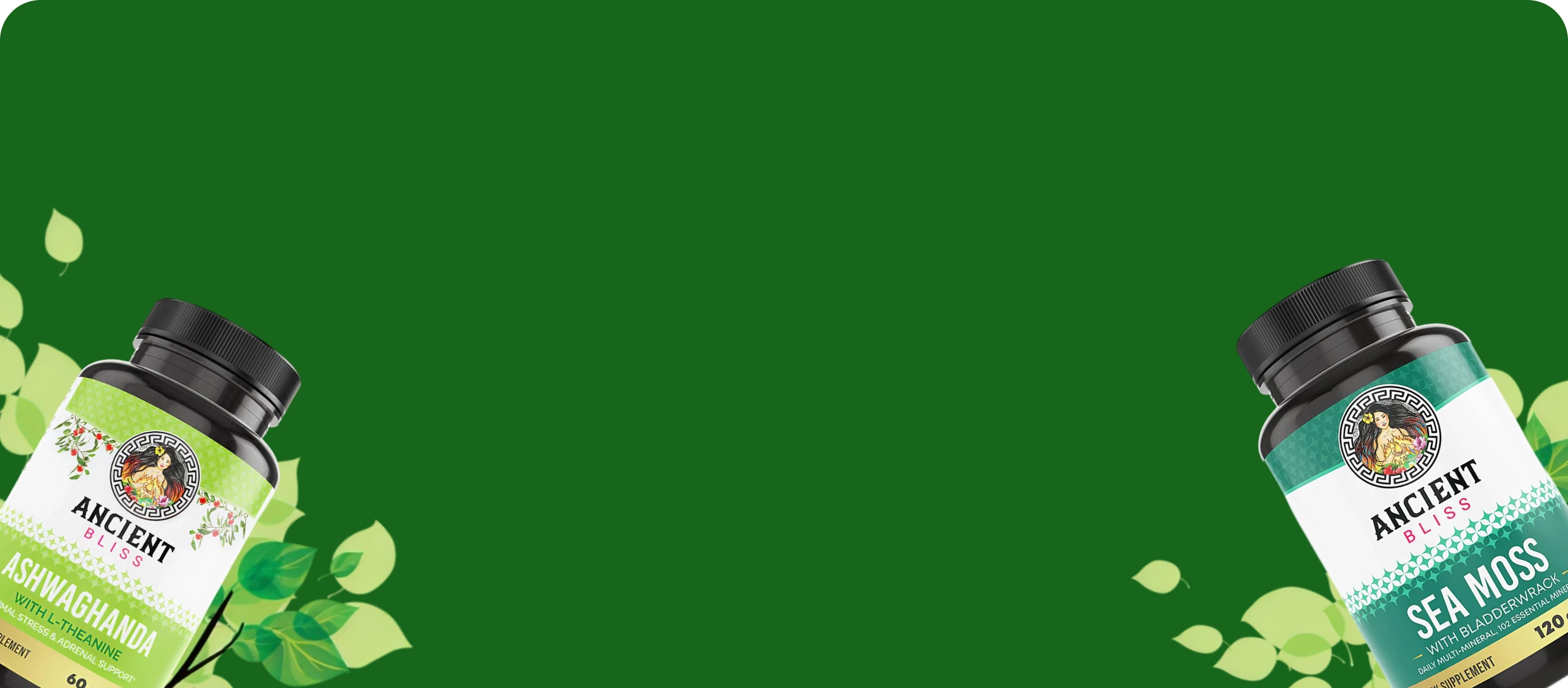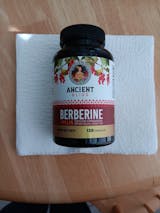How to Relieve Occasional Anxiousness

How to Relieve Occasional Anxiousness Naturally
Feeling anxious before a business presentation, meeting, exam, or any other stressful condition is a normal part of life. Still, you should look for ways to cope with it well. Ignoring anxiety does not always make it go away, instead it often builds up, leading to thoughts of fear, worry, and tension.
This article highlights proven methods that help people manage occasional anxiousness naturally.
Get physically active
Regular exercise helps with the burning of fats and anxious energy. This natural way of relieving occasional anxiousness has a plethora of benefits.
A study concluded that people suffering from anxiety disorder experienced fewer anxiety symptoms due to the high physical activity (1). A 2015 review of more than 10 studies says that exercise may be an effective natural treatment for anxiety (2).
It can be due to multiple reasons. Exercise helps you distract your mind from anything that is making you restless. It can also stimulate the production of anti-anxiety neurochemicals such as serotonin and brain-derived neurotrophic factor.
Reduce the intake of caffeine
For some people, reducing caffeine consumption can contribute to fewer anxiety symptoms or panic attacks. Several studies prove that caffeine worsens anxiety and sleep disorders (3).
Taking caffeine in a moderate amount is safe for many people. If you want to reduce caffeine intake, it is recommended to do it gradually. Substitute caffeine sources with caffeine-free alternatives such as decaf coffee, dandy blend, herbal tea, and spicy ginger tea.
Get enough sleep
During sleep, your body releases certain hormones that recharge and heal it. Studies show that there is a close connection between sleep and mental health. Poor sleep makes it hard to cope with minor stress.
According to the CDC, adults should sleep 7 to 9 hours consistently every day to enjoy the benefits of sleep fully (4).
Try meditation
Meditation is a technique in which you focus your mind on a certain thought or object to become emotionally calm. It can help you slow down your thoughts and give your mind a direction.
There are different forms of meditation. Mindful meditation is one of the most popular forms.
A review of 39 studies proposes that meditation can make people control mood and anxiety disorders (5). John Hopkins researchers recommend people to meditate 30 minutes every day to effectively reduce anxiety and depression symptoms (6).
Let herbal teas help
Many people enjoy the experience of drinking herbal tea. However, some herbal teas contain anxiety calming ingredients that directly influence your brain.
When it comes to herbal teas, chamomile tea is particularly effective in managing signs of anxiety. A 2014 study found that participants who took 220-milligram German chamomile capsules for a certain time duration noticed a reduction in their anxiety symptoms (7).
Another 2018 study concludes that chamomile extract can alleviate the level of a stress hormone called cortisol (8).
Avoid alcohol
Drinking excessive alcohol can disturb the balance between neurotransmitters, which is required for mental health. A 2017 review of 63 studies indicates that people feel better physically and mentally after reducing alcohol consumption (9).
Researchers found more positive effects of avoiding alcohol, such as an increase in self-confidence, reduction in body weight, and improvement in depression symptoms.
Spend time with animals
There are many health benefits of spending time with a pet or owning one. Recent research indicates that regular interaction with dogs and cats can diminish cortisol levels in the blood (10). They offer support and love that contributes to mental health.
Some studies even claim that the pet does not have to be furry to produce this effect. Pet insects like crickets can also improve the psychological health of elderly people (11).
Enjoy aromatherapy
Aromatherapy is a traditional healing therapy that people have been using for thousands of years. In this therapy, natural plant extracts and oils are used to calm the racing heart and mind.
In a study, researchers studied the effects of lavender aromatherapy on insomniac women. They found out that the therapy eased sleep issues in the participants and produced a calming effect on their minds (12).
You can inhale these extracts/oils directly or add them to a warm bath. Common examples of essential oils used during the therapy are lavender oil, bergamot oil, grapefruit oil, and rose oil.
Try deep breathing exercises
People generally breathe fast when they are anxious, which in turn increases their heart rate and contributes to dizziness. You can reverse this effect by taking slow and deep breaths; a practice called deep breathing. It will help you restore your mental health and feel calm.
Summing it up
Mental health is a serious issue, but unfortunately, it often gets neglected. If minor stressful situations in life make you anxious and worried often, you should practice the above-mentioned methods to tackle this issue naturally. The good thing about these methods is they don’t have any side effects and instead offer several mental and physical health benefits.
In same category
-
![]()
How to Relieve Occasional Anxiousness
How to Relieve Occasional Anxiousness Naturally Feeling anxious before a business presentation, meeting, exam, or any other stressful condition is...
-
![]()
How to Relieve Occasional Anxiousness
How to Relieve Occasional Anxiousness Naturally Feeling anxious before a business presentation, meeting, exam, or any other stressful condition is...
-
![]()
How to Relieve Occasional Anxiousness
How to Relieve Occasional Anxiousness Naturally Feeling anxious before a business presentation, meeting, exam, or any other stressful condition is...







